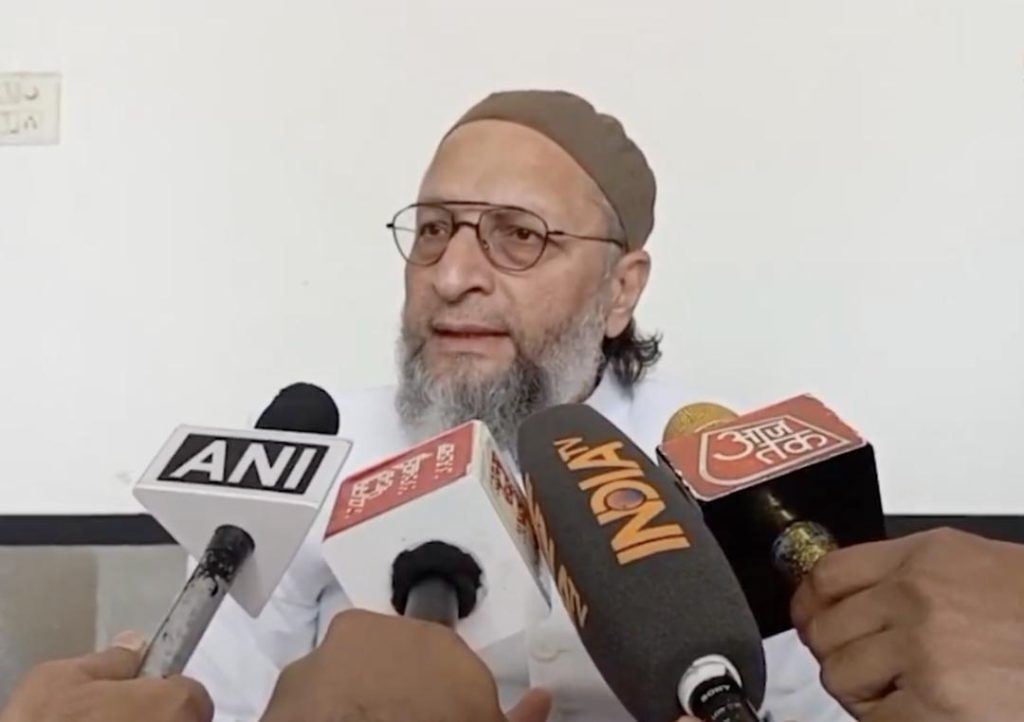
Arrest 4-5 ministers & govt is gone: Owaisi on PM-CM removal Bills
In a recent development, the Constitution (130th) Amendment Bill was introduced in the Parliament, proposing to allow the President to remove the Prime Minister, Chief Ministers, and ministers who have been arrested for at least 30 days. The bill has sparked intense debate and criticism from various quarters, with AIMIM chief Asaduddin Owaisi being one of the most vocal opponents.
Speaking on the proposed bill, Owaisi stated, “Just arrest four-five ministers, and government is gone.” He expressed his concerns over the implications of the bill, saying that it would give the President excessive powers to remove the Prime Minister and other ministers at will.
“What is this? This proposed bill is saying that the President can remove the Prime Minister. What is the meaning of this?” Owaisi questioned. He emphasized that the bill would lead to a situation where the government would be answerable to no one, and that the President would have complete control over the administration.
Owaisi’s concerns are not unfounded. If passed, the bill would give the President the power to remove the Prime Minister and other ministers without any checks and balances. This would essentially render the Prime Minister and other ministers powerless, as they would be at the mercy of the President.
The bill has been introduced by the government under the guise of ‘checking corruption’ and ‘ensuring accountability’. However, Owaisi and many other critics argue that the bill is nothing but a ploy to undermine the democratic institutions and concentrate power in the hands of the President.
The idea of the bill is to allow the President to remove the Prime Minister and other ministers if they are arrested for at least 30 days and are unable to perform their duties. This would give the President the power to decide who should be in charge of the government, without any input from the Parliament or the people.
Owaisi is not the only one who has criticized the bill. Many other opposition leaders and experts have also raised concerns over the implications of the bill. They argue that it would lead to a situation where the government would be answerable to no one, and that the President would have complete control over the administration.
Some experts have also pointed out that the bill is unconstitutional, as it would be giving the President powers that are not mentioned in the Constitution. They argue that the Constitution does not give the President the power to remove the Prime Minister and other ministers, and that any such power should be exercised by the Parliament.
The bill has also been criticized for being a knee-jerk reaction to the recent controversies and scandals that have rocked the government. Instead of addressing the real issues and holding the guilty parties accountable, the government is trying to pass the buck to the President.
In conclusion, the Constitution (130th) Amendment Bill is a dangerous and unconstitutional proposal that would undermine the democratic institutions and concentrate power in the hands of the President. Asaduddin Owaisi is right in saying that if the bill is passed, just arresting four-five ministers would bring down the government. It is essential that the opposition and civil society come together to resist this attack on democracy and ensure that the government is held accountable for its actions.






